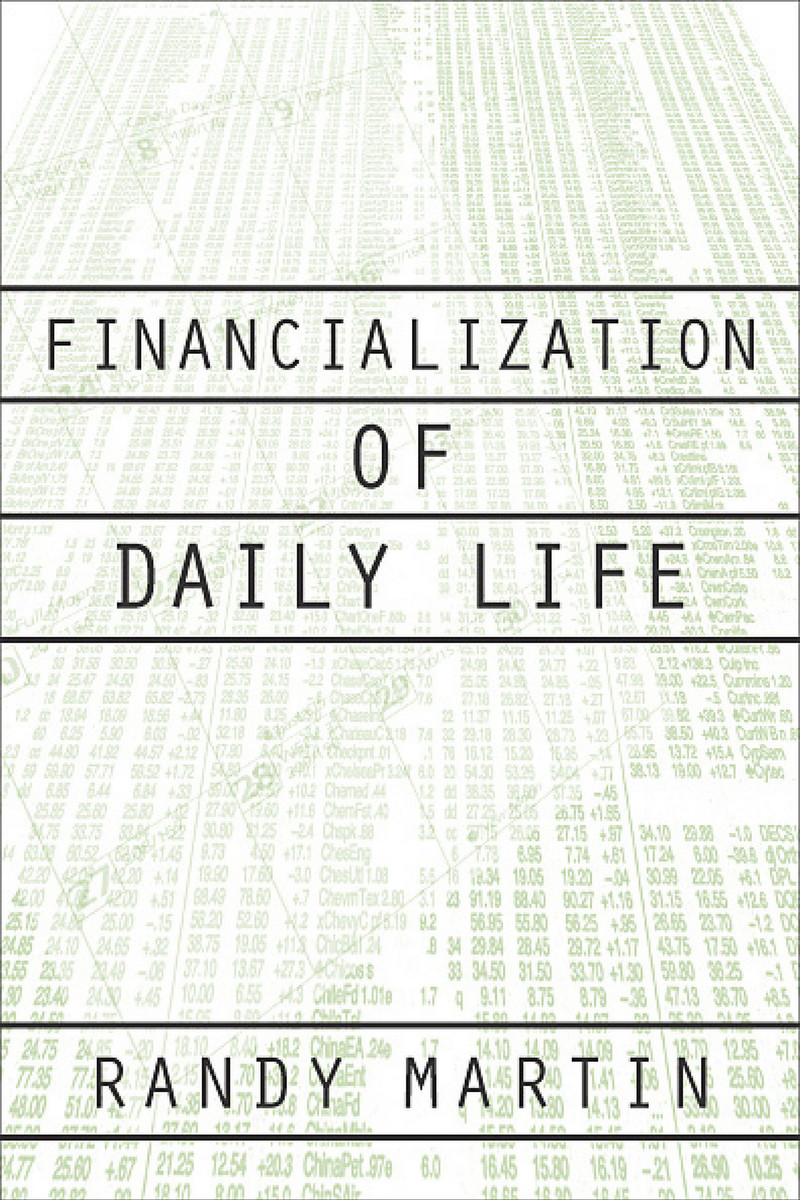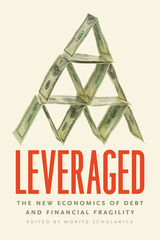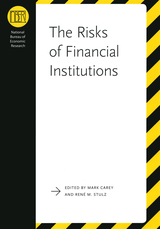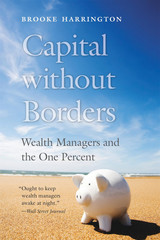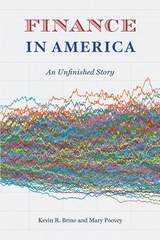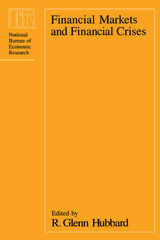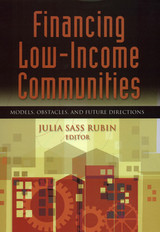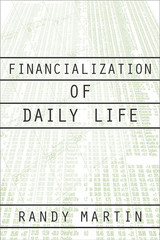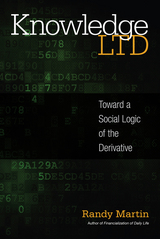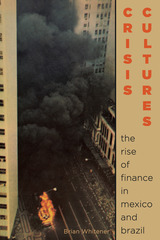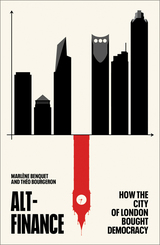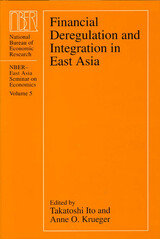Financialization Of Daily Life
Temple University Press, 2002
Cloth: 978-1-56639-987-6 | eISBN: 978-1-4399-0597-5 | Paper: 978-1-56639-988-3
Library of Congress Classification HG181.M315 2002
Dewey Decimal Classification 332.0973
Cloth: 978-1-56639-987-6 | eISBN: 978-1-4399-0597-5 | Paper: 978-1-56639-988-3
Library of Congress Classification HG181.M315 2002
Dewey Decimal Classification 332.0973
ABOUT THIS BOOK | AUTHOR BIOGRAPHY | REVIEWS | TOC | REQUEST ACCESSIBLE FILE
ABOUT THIS BOOK
While trillions of dollars came and went in the stock market boom of the 1990s, the image of "every man and woman a CEO" may turn out to be the era's lasting legacy. Business news, once reserved to specialized papers or sections of the larger news of the day, came to the forefront in cable television and in cultural images of how ordinary people, through the internet and other avenues could not only master their financial life, but move money and equity around with the ease of a financial titan. Financialization of Daily Life looks at how this transformation occurred, and how it is just now becoming a significant, and troubling, aspect of our political and cultural life.Randy Martin takes us through all of the aspects of our "financialization." He examines how the shift in economic life arose not only from changes in culture, but also from new policy priorities that emphasize controlling inflation over promoting growth. He offers a close reading of self-help literature that teaches parents how to rear financially literate children and to instruct adults in the fundamentals of fiscal management. He examines just what a society that treats financial investment as a national past time really looks like, and how that society is transforming the world.In a country rocked by scandals in accounting and banking, the identification ordinary citizens make with, and the risk with which they engage in, the stock market calls into question the very basis of our economic system. Randy Martin spells out in clear terms the implications our financial doings—and undoing—have for the way we organize our lives, and, especially, our money.
See other books on: Cost and standard of living | Daily Life | Finance | Inflation (Finance) | Martin, Randy
See other titles from Temple University Press
